15 July 2020
While the COVID-19 lockdown period brought disruption to laboratory research at the Malaghan Institute, momentum is building across the Institute’s clinical trials, signalling a welcome return to normal in our pursuit to harness the power of the immune system to improve human health.

“The rubber has well and truly hit the road,” says Malaghan Institute Director Professor Graham Le Gros. “Our scientists are eager to really seize on what we’ve built over the years in the cancer, allergy, gut health and infectious diseases space.”
ENABLE CAR T-cell cancer trial
“Much of our ENABLE CAR T-cell trial was paused during the COVID-19 lockdown period, consistent with other clinical activities,” says Clinical Director Dr Rob Weinkove. “We are pleased to have resumed the ENABLE trial, including restarting the manufacture of CAR T-cell products, and the treatment and recruitment of participants. We continue to monitor the COVID-19 situation closely.”
Alongside the ENABLE trial, the Freemasons CAR T-cell Research Programme continues to build on this groundbreaking technology to improve its efficacy and ultimately extend this treatment to other forms of cancer.
Hookworm clinical study
The Institute’s study exploring the therapeutic potential of human hookworms was only slightly impacted by lockdown, thanks to the stringent protocol already in place for these types of clinical studies.
But post lockdown, things have stepped up a notch, with recruitment of a second round of healthy volunteers for the initial study, and our next phase of hookworm research starting in parallel, treating patients with the inflammatory bowel disease ulcerative colitis.
“Our aim is to investigate whether hookworms have preventative effects for people with early mild forms of ulcerative colitis, or can stop things getting worse,” says Prof Le Gros.
Click on the image below to read the rest of Scope 72:
Related articles
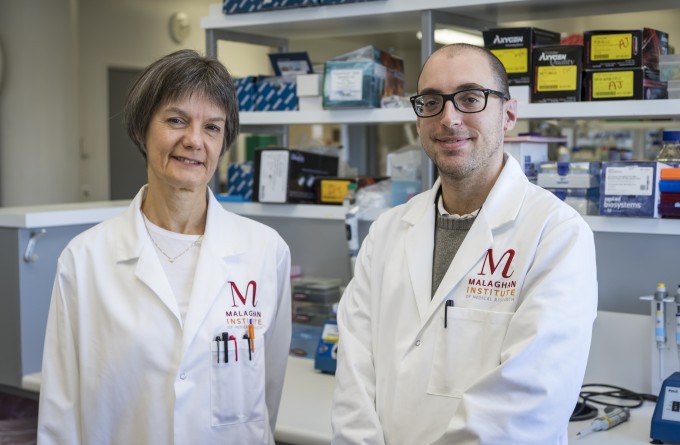
Tracking allergies to their source: new research offers insight into mechanisms priming the allergic response
2 July 2025
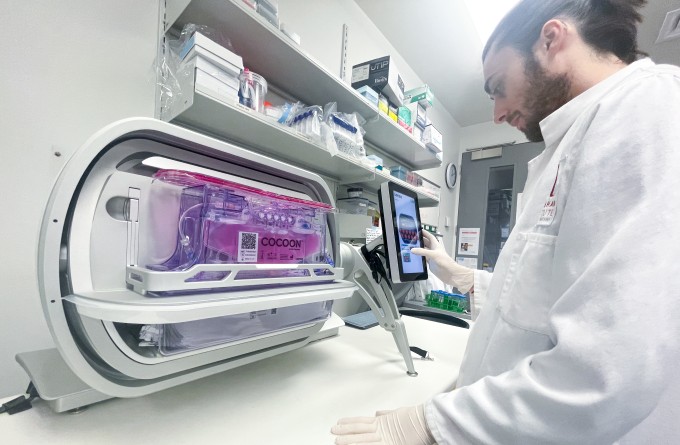
Malaghan CAR T-cell cancer therapy trial expands to Christchurch and Auckland
23 June 2025
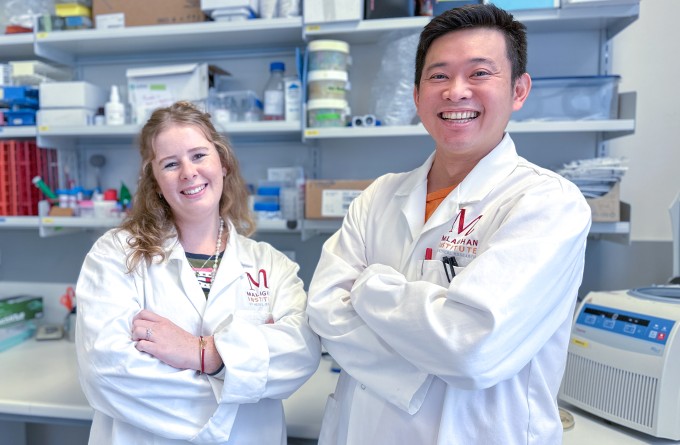
Research sheds new light on the allergic response – and how to disrupt it
5 June 2025
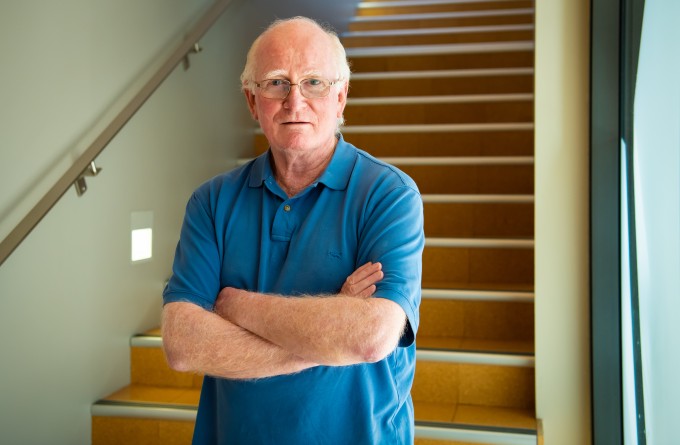
Horizontal mitochondria transfer: 10 years on from a groundbreaking discovery
7 May 2025
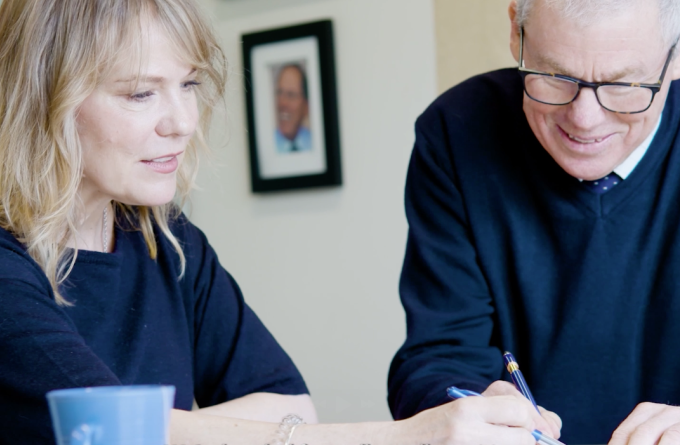
Kjesten Wiig: bringing life-changing treatments to life
27 February 2025

Cancer Research Trust grant to improve CAR T-cell therapy
12 February 2025

